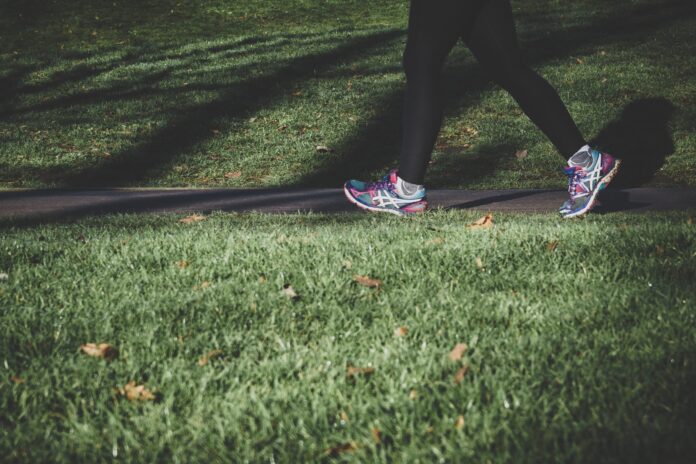
TO mark this year’s World Osteoporosis Day, which takes place on Tuesday 20th October, the Irish Society of Chartered Physiotherapists (ISCP) have partnered with Teva to raise awareness around the importance of movement for those aged 65+ during the ongoing pandemic.
Recent research, conducted by Teva, has revealed that more than a quarter (28%) of those aged 65+ claim that the COVID-19 pandemic has had an impact on their ability to exercise while one in seven (14%) stating that the pandemic has impacted negatively upon their ability to gain access to support services. Exercise plays a vital role in bone health and osteoporosis prevention and treatment, making it even more important that people aged 65+ are able to remain physically active at this time.
Commenting ahead of World Osteoporosis Day 2020, ISCP President Gay Peart-Murphy said, “This year more than ever it is vital that we remind the general public of the important role that physical exercise plays in the maintenance of bone health.
“We know from working in close contact with our physiotherapists in the field that the ongoing COVID-19 restrictions have put increased pressure on people who are living with osteoporosis in Ireland.
“The network of physiotherapists in Ireland are very concerned about this and are developing telehealth systems, through which they can keep in close contact with their patients, if they cannot see them face to face.”
Yvonne Neeson, Senior Product Manager said, “At TEVA we hope that by highlighting the importance of maintaining levels of physical activity at all ages, we will raise public awareness about how we can support bone health and prevent conditions like osteoporosis in future generations.
“This World Osteoporosis Day is like no other in that it is taking place at a time that people living with osteoporosis in Ireland need access to care and services like physiotherapy more than ever.”
Maria McGrath, Senior Orthopaedic Physiotherapist, Tallaght University Hospital said “We anticipate an increase in falls and fractures presenting to the hospital as a result of prolonged cocooning in the over 65 population.
“Inability to engage in usual physical and social activities will result in reduced muscle mass, reduced balance and reduced bone density over time. It is vital to continue to move in your home, in your garden, in your parks and especially on your stairs (where safe) to maintain muscle mass, balance reactions and strong bones.”
Sinead Curran, a private practice physiotherapist who runs osteoporosis and osteopenia group classes commented on how the pandemic has affected her patients: “Six months without any activity can have a huge impact on muscle, strength, bone density, balance and increased risk of falling and potential fractures. I found that once I moved my classes online, participation dropped approximately 50% between March – August.
“Since going back to classes in the clinic we have noticed a loss of muscle strength and co-ordination in those who didn’t engage with exercise over the five-month period.”
It is estimated that there are currently almost 300,000 people in Ireland living with osteoporosis with only 15% of people diagnosed. Of those living with osteoporosis inIreland, one in four men and one in two women over 50 will develop a fracture due to the condition during their lifetime. iii
Sinead Curran went on to add, “One of the biggest reasons for people not engaging in physical activity is fear of exercise and fear of falling. It’s important to not be afraid of exercise, just start slowly. If you are unsure about what to do, have a chat with a chartered physiotherapist or your GP. Any decreases in muscle, strength, bone density and balance that may have occurred over the last few months can be reversed. It will take time but it’s never too late to start exercising”
Worldwide, osteoporosis causes more than 8.9 million fractures annually, resulting in an osteoporotic fracture every three seconds.









